California Budget Changes Include RAC Funding
The California Department of Resources Recycling and Recovery (CalRecycle) provides a Rubberized Pavement Grant Program to promote markets for recycled-content surfacing products derived from waste tires generated in California. This program was changed in October 2013 when Governor Jerry Brown signed AB 513 (Frazier). This bill established the Rubberized Asphalt Concrete Market Development Act – a grant program to help cities, counties and regional agencies offset the cost of asphalt rubber overlay in road rehabilitation and maintenance projects. Grants will be awarded at a minimum of $2 for every 12 pounds of crumb rubber used (approximately the weight of one passenger tire). Funding will come from the Tire Fund, which receives revenue from the fee charged on the sale of new tires in California.
In one of its first meetings in 2014, CalRecycle reported that among the items to be discussed in Governor Brown’s FY 2014/15 state budget is a Budget Change Proposal (BCP) dealing with the RAC Market Development Act. The BCP resulted from a lack of appropriation in last year’s AB 513. The BCP puts $5.16 million into the new grant program for asphalt rubber awards to cities, counties, and state and local government agencies, including regional park districts to fund disability access at parks and Class 1 bikeways. The parks component is new and was added to the bill by Assembly Member Wesley Chesbro.
Originally, the new RAC Grants were to fund projects at $2 per 12 pounds of crumb rubber used. However, the BCP suggests that it increase the funding by 50 percent to $3 per 12 pounds of crumb rubber. The $5.16 million includes 1.5 additional staff to help CalRecycle administer the program.
While the past grant program divided grant moneys into separate pools for new users and current users, the new program does not. Under AB 513 RAC Grants are open to applicants in jurisdictions that have already received such grants. Active users of RAC will be allowed to compete equally for grants against those communities that have never tried the technology.
In compiling a list of “pros and cons” as required for the BCP, CalRecycle cautions that “such a significant expansion may put short-term pressures on crumb rubber pricing until production can be increased to satisfy new demand.”
According to the California Tire Report, the BCP, along with other proposals, will be discussed in Senate and Assembly Budget Committee hearings this winter and spring. The budget is supposed to be passed by both houses of the Legislature and sent to the Governor by June 15, 2014. He is supposed to sign it by June 30, 2014.
Since FY 2003/04, CalRecycle and its predecessor CIWMB, have awarded $62 million in RAC pavement grants, amounting to the recycling of about 8 million passenger tires.
© Scrap Tire News, February 2014






